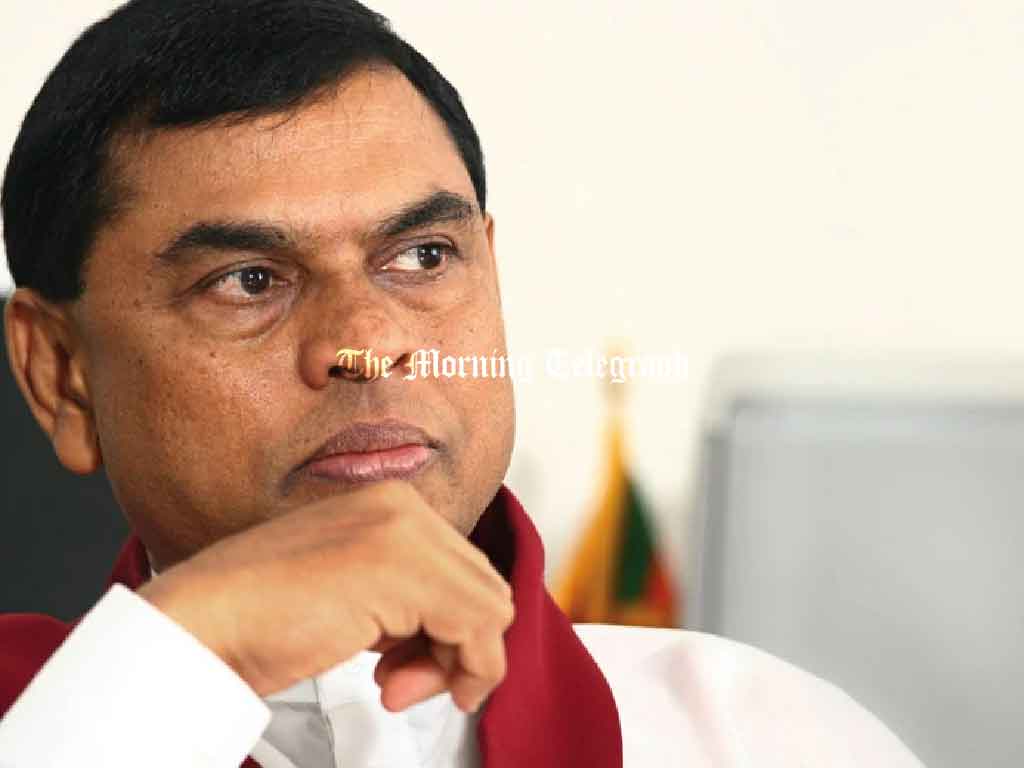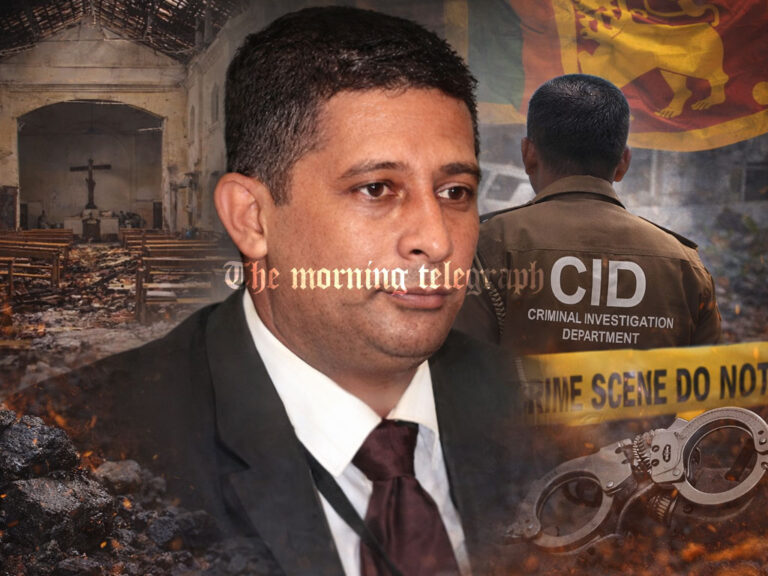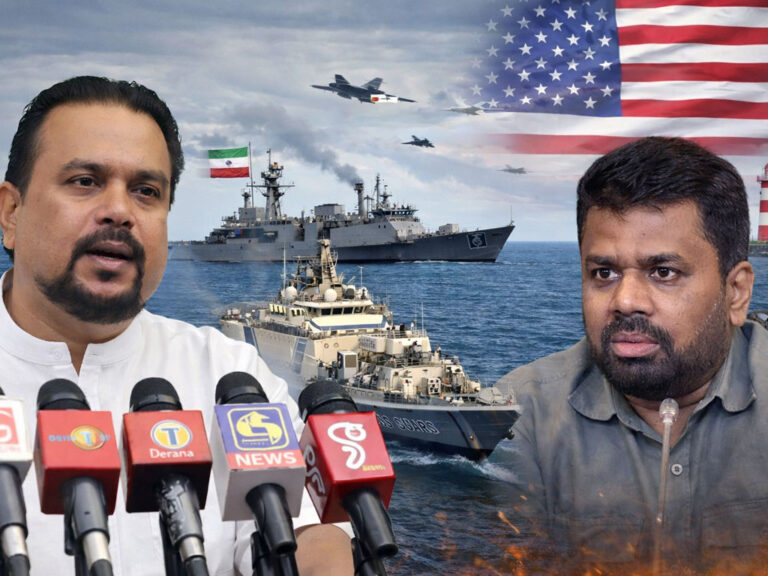
Udayanga Weeratunga, Sri Lanka’s former Ambassador to Russia, has stated that Basil Rajapaksa, the former Finance Minister and a key figure in the Rajapaksa political dynasty, is unable to return to Sri Lanka. Speaking during an interview with a weekend newspaper, Weeratunga also discussed sanctions that have prohibited him from entering the United States. He alleged that both he and Basil Rajapaksa are restricted in their movements due to political and legal circumstances.
Weeratunga explained that he first became aware of the U.S. sanctions through media reports and was never officially informed.
“I have not been notified through any legal means or by email about these sanctions. It was only after reading about them in newspapers that I learned of their existence. Later, I contacted a few individuals to confirm the reports,” he said.
Weeratunga downplayed the impact of the sanctions on his personal life, stating that he has no particular desire to travel to the United States.
“I received my first U.S. visa in 1987 as a student in the Soviet Union, when I wanted to visit my brother in America. Since then, I have received multiple visas, including one valid until 2018. However, after the Sri Lankan government issued a red warrant against me, my ability to travel to the U.S. was revoked.”
The red warrant, Weeratunga explained, is connected to allegations surrounding the MiG aircraft procurement deal, a long-standing case involving allegations of corruption in the purchase of fighter jets for the Sri Lankan Air Force during the civil war.
Weeratunga firmly denied any wrongdoing in the MiG aircraft case, which he claims has been dragged out for over a decade without resolution.
“If the charges against me are proven in court, I will accept full responsibility. However, the current case lacks concrete evidence. It is primarily based on hearsay, with statements like, ‘he told me this,’ or ‘she told me that.’ None of this qualifies as admissible evidence. Until the court decides, no one can label me a thief,” he emphasized.
The MiG aircraft deal is one of several high-profile corruption cases in Sri Lanka that remain unresolved, raising concerns about the country’s judicial efficiency and accountability mechanisms.
Weeratunga also touched on the situation of Basil Rajapaksa, suggesting that the former Finance Minister is similarly constrained in his ability to travel.
“I can’t go to America, and Basil can’t return to Sri Lanka,” he said, without elaborating on the specific legal or political reasons behind Basil’s situation.
Basil Rajapaksa, a central figure in the previous Rajapaksa administration, has faced multiple allegations of financial mismanagement and corruption. While some cases have been filed against him, critics have accused successive governments of failing to hold him accountable due to his political influence.
The restrictions on travel for both Weeratunga and Basil Rajapaksa reflect the broader challenges faced by prominent figures implicated in Sri Lanka’s high-profile corruption cases. The allegations, especially those tied to the MiG deal, have cast a long shadow over Sri Lanka’s governance and judicial processes.
Weeratunga’s remarks also highlight the ongoing international scrutiny of Sri Lanka’s political leadership. Sanctions and travel bans have increasingly been used by foreign governments to signal disapproval of corruption and human rights violations.
The MiG aircraft procurement deal, which allegedly involved inflated pricing and financial kickbacks, remains one of the most controversial military transactions in Sri Lanka’s history. Critics argue that such cases exemplify the lack of transparency in Sri Lanka’s defense spending during the civil war.
Weeratunga’s assertion that the case is built on weak evidence may resonate with those who view the prolonged investigations as politically motivated. However, the inability to resolve these cases undermines public confidence in the judiciary and reinforces perceptions of impunity for powerful individuals.
The comments by Udayanga Weeratunga and the implications for Basil Rajapaksa add another chapter to Sri Lanka’s complex political landscape. As public dissatisfaction with corruption grows, the pressure on the judiciary and law enforcement agencies to deliver justice will likely increase. Whether these cases result in accountability or continue to stagnate remains a critical question for Sri Lanka’s future.




